Book a free 15-minute consultation. We’ll help you understand what may be causing the pain and provide the guidance you need to get you back to your best.
"*" indicates required fields
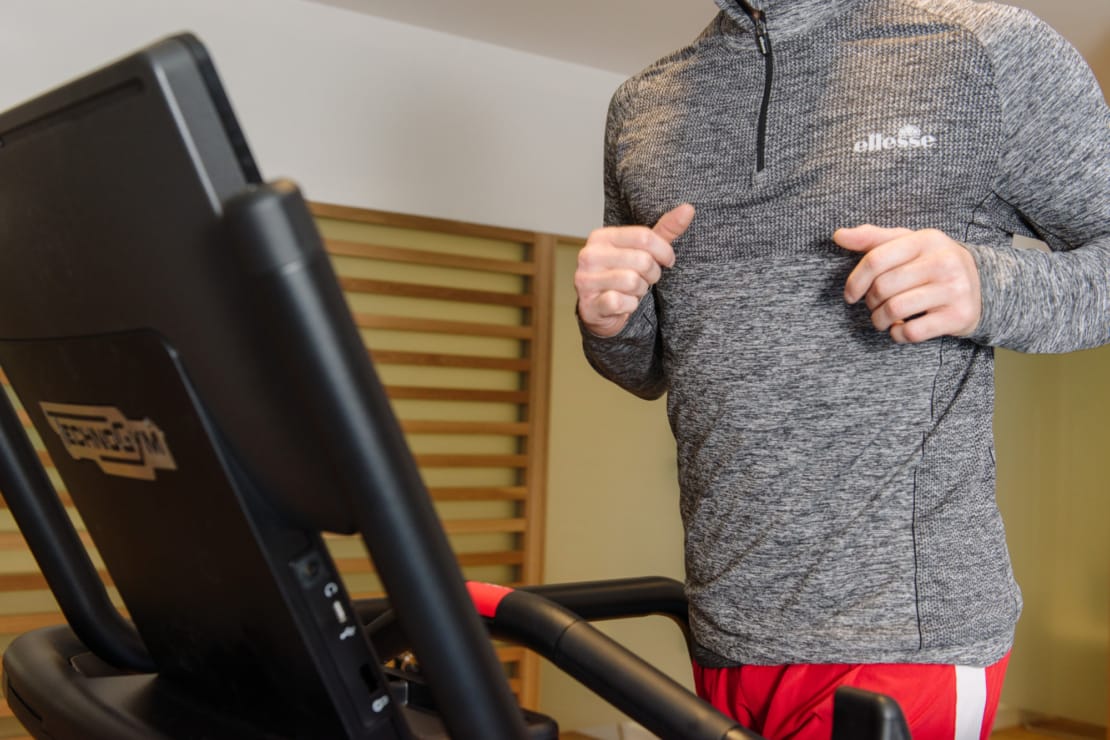
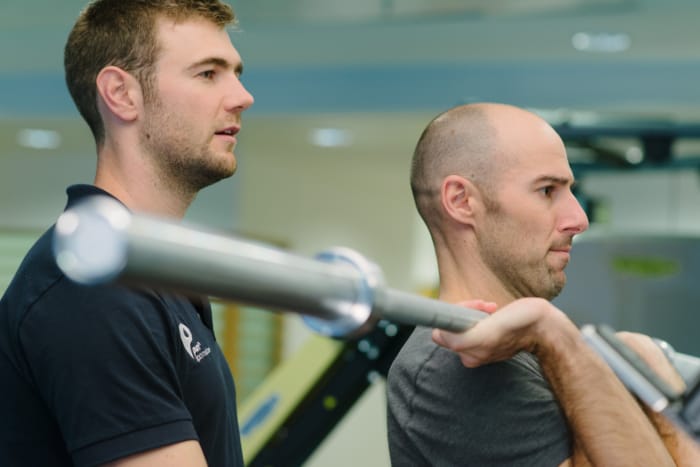

Our aim is to help you lead the healthy, active life you deserve, free of pelvic and other musculoskeletal health-related conditions.
People often delay treatment of many of the conditions that relate to Men’s Health due to feeling embarrassed, or simply because they are not aware of the treatment options available.
We’re here to tell you that you don’t have to suffer in silence, and there are things you can do both alleviate symptoms and treat these common conditions.
Speak to our team today– 1 in 8 men will get prostate cancer and some men experience bladder and bowel problems as a side effect of their treatment.
– 1 in 3 men over 65 are estimated to have a urinary incontinence problem in the UK.
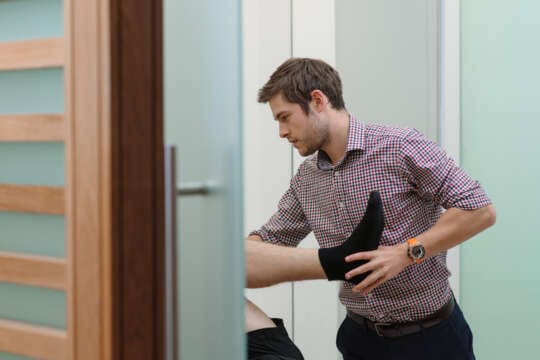
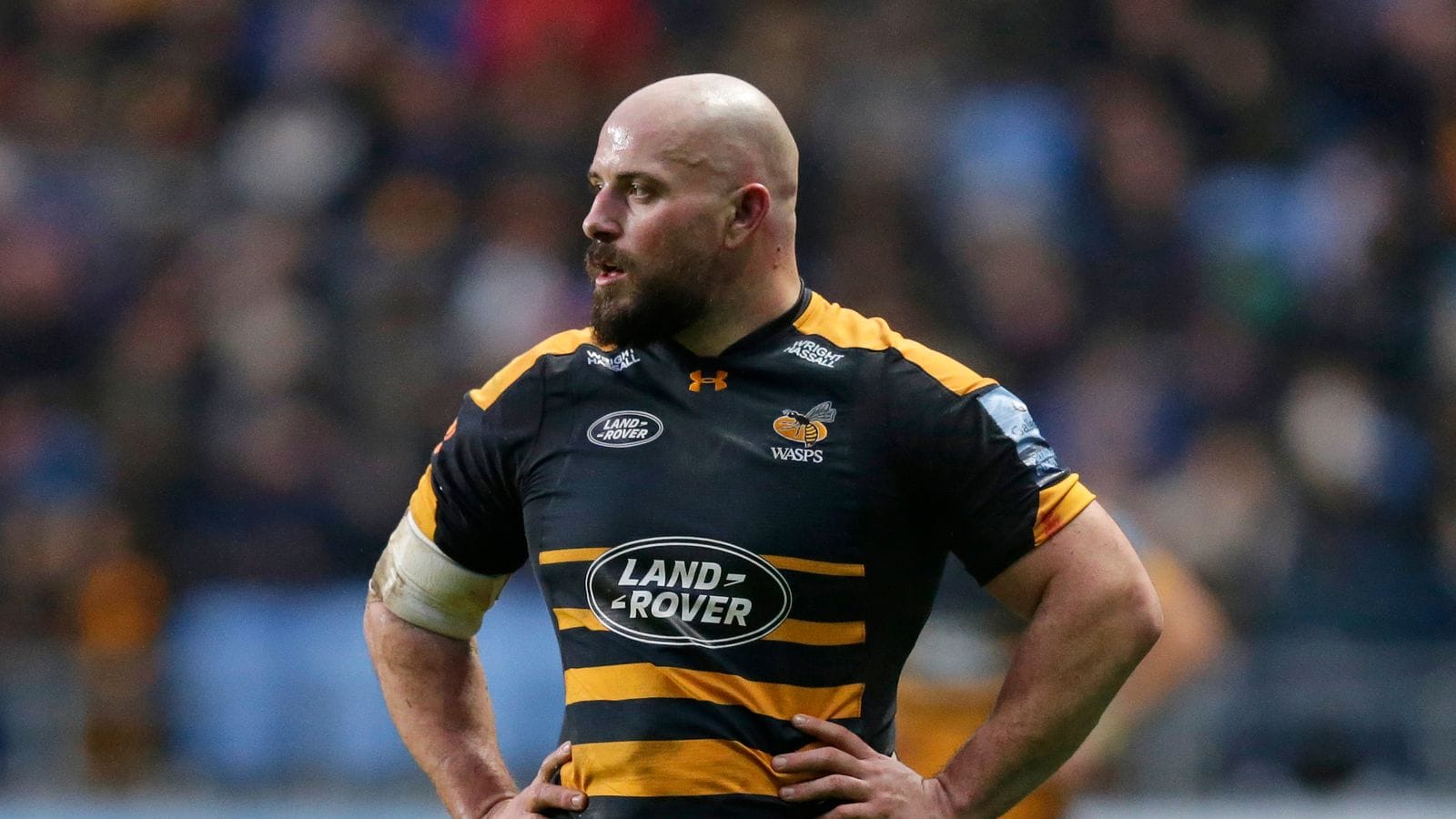
such as lower urinary tract symptoms, stress urinary incontinence, overactive bladder or pelvic floor, Prostatitis, and chronic pelvic pain
such as sexual or erectile dysfunction, hard flaccid syndrome, painful sex and Peyronie’s disease
including male mastectomy, colorectal, urological surgeries, and post-prostatectomy rehab
such as IBS, chronic constipation, anal incontinence, haemorrhoids and fissures, and rectal prolapse
pre and post-operative treatment, during treatment and in remission
such as heart disease, emphysema and following cardiac events and procedures
such as type 1 & 2 diabetes, weight management and metabolic syndrome in conjunction with a Consultant Endocrinologist.
such as a spinal cord injury, acquired brain injury or stroke
Get in touch below or keep scrolling to read more.
Make a booking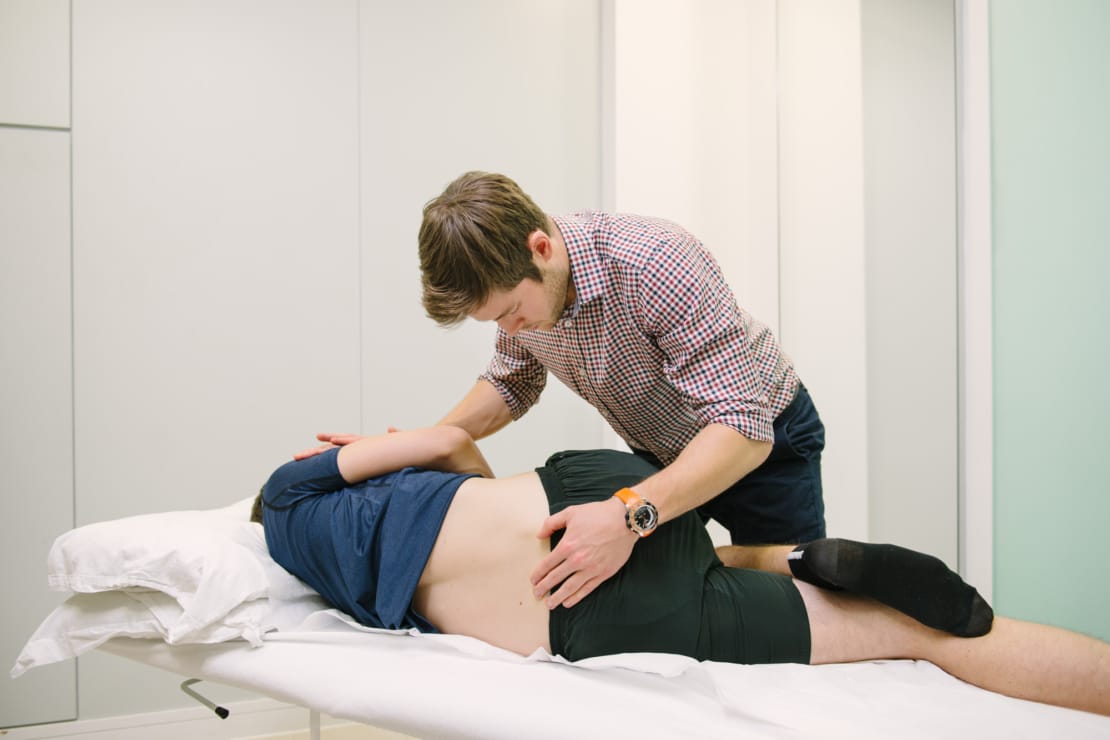
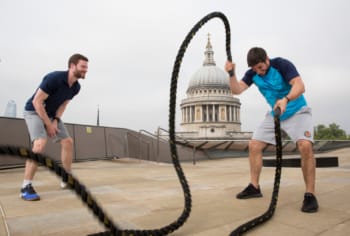
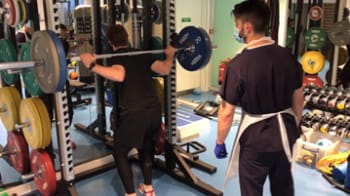
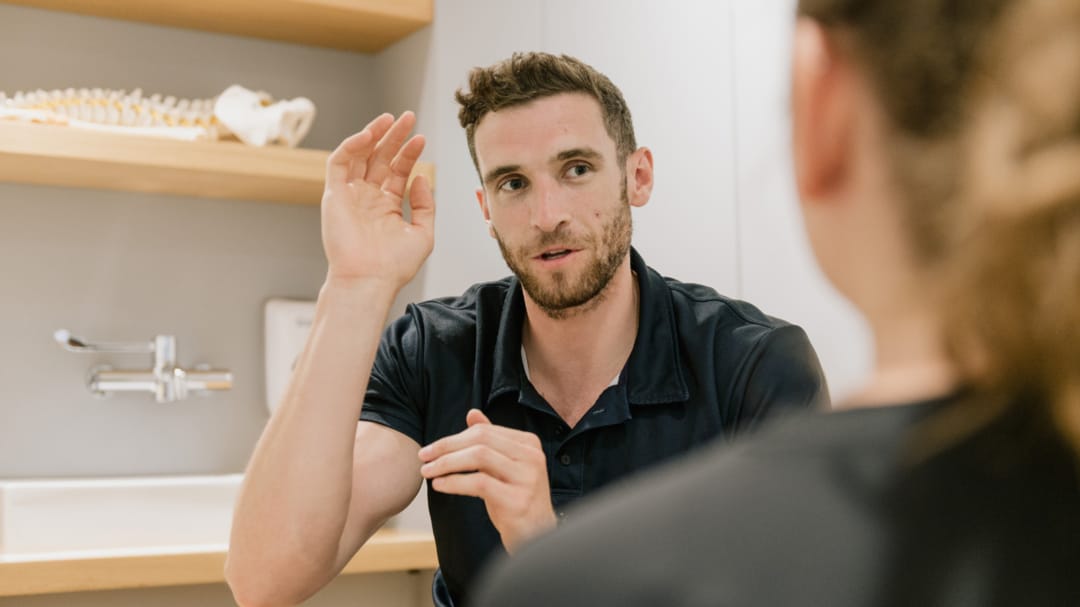

What is Exercise Physiology? What are the main goals of Exercise Physiology and what is the difference between Exercise Physiology and Physiotherapy? Our clinical team answer all these questions so you can make an informed decision about your health.
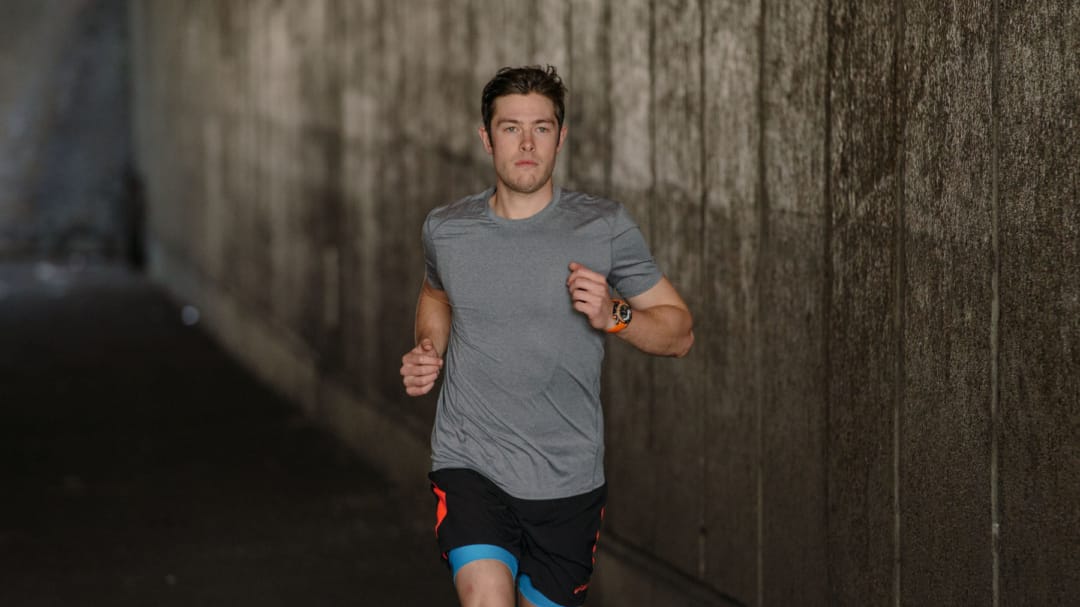

The main type of injury that long-distance runners sustain are overuse injuries. When those miles are piling up, it’s important to be aware what it is you’re asking of your body, and what you can do to support it and ultimately avoid these types of injury.
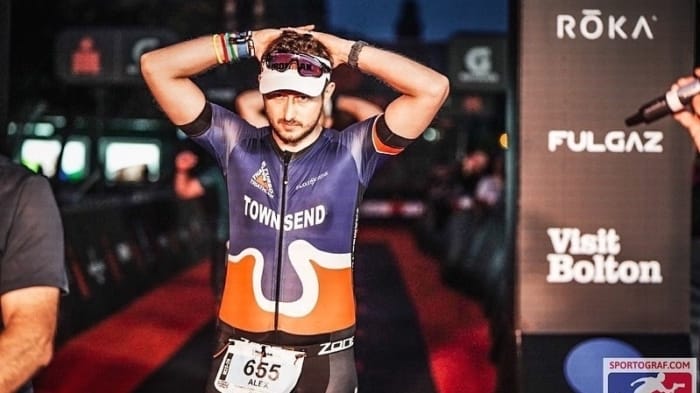

Podiatrist, Alex Townsend, was taught five key lessons when taking on his first Ironman, and here he shares his insight to help you get a headstart should you be doing the same.
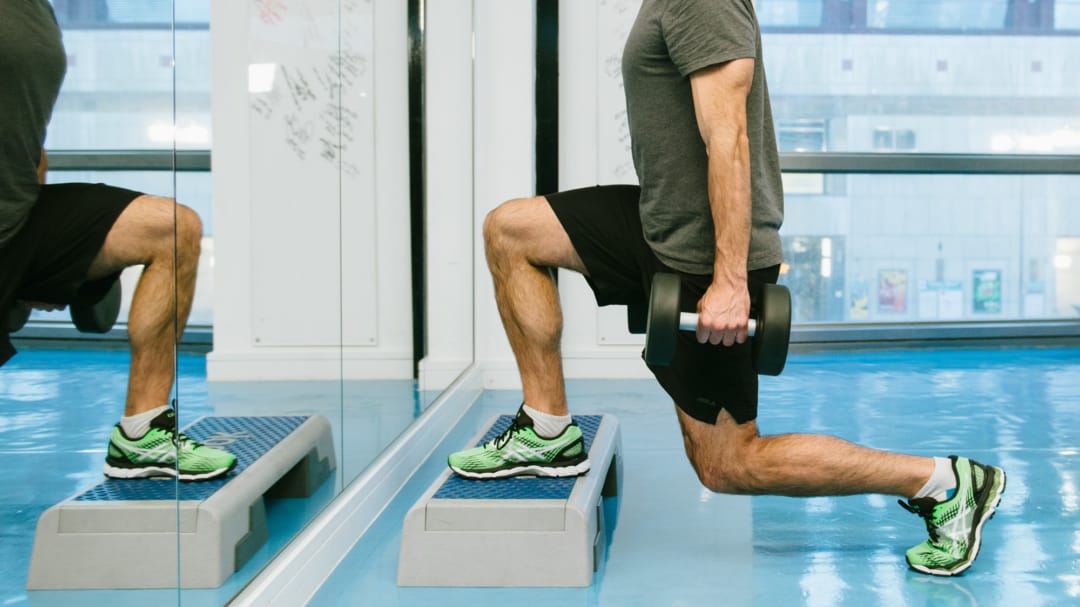

Knowing how to achieve your training goals can be confusing. Increasing training load safely is often neglected with the focus being ‘feeling as tired as possible’. We explain how executing the right increase in your training can make all the difference.